Red Cross finds “real need” in Syria
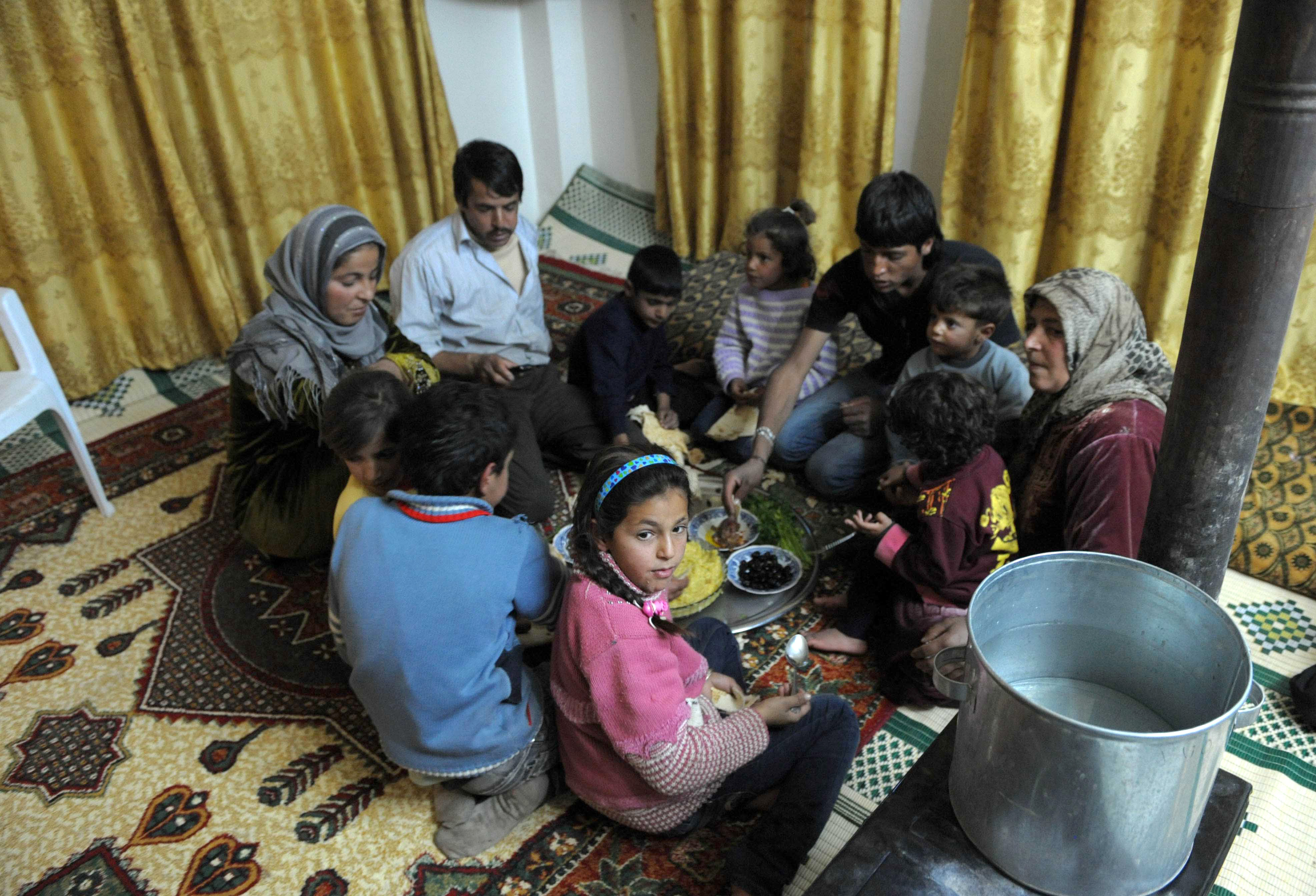
The violence in Syria shows no sign of abating, despite the presence of Arab League observers, and is having an ever greater impact on everyday life.
The Swiss-run International Committee of the Red Cross (ICRC) issued a media statement on Thursday, expressing its concern about the “rapidly mounting needs” of ordinary people, ranging from difficulty in accessing medical care, to fuel shortages and buying food.
Not all areas are equally affected, Hicham Hassan, ICRC public relations officer for the Near and Middle East, tells swissinfo.ch in an interview. But the ICRC, which is constantly evaluating the situation, has found “huge pockets of need”.
swissinfo.ch: What are the problems facing ordinary Syrians at the moment?
Hicham Hassan: The main preoccupation in the areas directly affected by the violence remains security. People have problems going out, buying food, buying water, finding suitable shelter. They are also suffering from the impact of the economic situation, facing shortages of fuel.
Children need clothes, books and stationery for school.
swissinfo.ch: Are the schools open?
H.H.: In some areas yes, in some areas on and off, in some areas no.
We know that the desire to go to school is there. One of the needs we identified is for school equipment. Along with the Syrian Arab Red Crescent we’ve distributed around 30,000 school kits, containing school bags and stationery sets.
swissinfo.ch: Does the violence move around, or is it ongoing everywhere all the time?
H.H.: In Homs the violence has been ongoing for a few weeks now. In other areas, like Idlib, Hama, Deraa, Deir az-Zor, and even in rural Damascus, violence is on and off.
There are areas where the impact of the violence is indirect, like Damascus, Aleppo or other main cities, where life is almost normal – but you can of course feel the stress among the population. Many shops are closed, the hotels are empty. Even in those cities there have been power cuts.
You can feel the impact of the situation all over the country, but with different intensity.
The economic impact is mostly inside the areas affected by the violence, but it is spreading to the whole country.
When we talk about fuel shortages, for example, obviously it impacts everyone. Especially with winter now here.
People have to think twice before using their cars. Obviously when you have shortages the prices go up and that’s not accompanied by a rise in income.
A large part of the population depends on daily wages. If they are not paid on one day, that means that on that day they won’t have enough money.
But we have said specifically that it’s not a countrywide crisis. Nonetheless, there are huge pockets of need which exist, especially in the areas of the violence. So it is a serious situation.
swissinfo.ch: Do you know if ordinary people are getting together to form self-help groups?
H.H.: Some ad hoc clinics have been set up in houses and doctors and nurses go to work there, because they cannot get to work in hospitals, for example.
swissinfo.ch: Do they have medical supplies?
H.H.: There are shortages, obviously. When we did our evaluation we distributed hundreds of hygiene kits and a lot of first aid material, and even body bags and a large variety of medical supplies. But what we could give does not cover all the needs.
swissinfo.ch: Presumably people with chronic diseases are really in trouble?
H.H.: That’s always a problem in this kind of situation. You have persons who are directly affected, who are injured or even killed, but you also have diseases like cancer or diabetes. And this is something we take into consideration when we do our evaluation.
And something that is medical but also nutritional is baby milk. In this kind of situation all of these things are affected.
swissinfo.ch: How do the ICRC delegates, and their colleagues in the Syrian Red Crescent, cope with the pressure they are under?
H.H.: The ICRC makes sure that there is always psychological support for people working in such situations.
And among the teams working with the ICRC we develop a kind of solidarity. We talk to each other, we try to debrief each other, and this is a process that is very, very important.
The pressure on expatriates is less than it is on the national colleagues. Not in terms of intensity, which is the same, but because it’s their families that might be affected, their friends, it’s their country, it’s where they live.
When we talk about psychological support and physical support, it’s for all ICRC staff. It does not distinguish between expatriates and locals.
swissinfo.ch: What has happened to the projects that the ICRC had in Syria before the outbreak of violence?
H.H.: We still have activities that were there before March 2011. For example, support to the population of the Golan [the area seized from Syria by Israel in 1967, and subsequently annexed, but regarded by the international community as sovereign Syrian territory], and water projects in the desert regions of northeastern Syria.
So we have two sets of activities in parallel: those that are related to the emergency, and the classical activities that the ICRC has always done.
We cannot disregard the fact that people in the Golan are in need of help on several levels. Their livelihoods sometimes depend on small projects – for example transporting their apples [for sale in Syria – see link]; or the fact that we still have to help citizens from the Golan to cross over to Syria in order to see their relatives or to continue their studies.
This service will be provided as long as the people want it or need it, and since it’s ongoing, it means they still do.
Protests broke out in Syria in March 2011, sparked by the revolts in Tunisia and Egypt.
The first rallies were in the southern town of Deraa; troops opened fire on the protestors, killing several people.
Unrest then spread to other areas, and President Bashar al-Assad sent troops and tanks to try to quell it.
Demonstrators are calling for democracy and freedom and an end to the Assad regime.
The regime has blamed “armed gangs and terrorists” for the continuing violence.
The United Nations says more than 5,000 civilians have been killed since the outbreak of violence.
Thousands of people have been detained.
A number of countries, including Switzerland, have imposed sanctions on Syria and leading figures from the regime.
However, Russia and China have vetoed sanctions resolutions submitted to the UN Security Council.
The Arab League has suspended Syria’s membership, and imposed sanctions on it in November.
Arab League observers arrived in Syria on December 22 to monitor the situation. However, violence has continued despite their presence.
Between May and December the ICRC has delivered 14,000 food parcels, each with food for six people for a month.
A total of 30,000 school kits have been given to children from poor families in affected areas.
The ICRC and Syrian Arab Red Crescent have distributed nearly 1,400 hygiene kits, with items for six people and 3,000 blankets.
The ICRC has given materials for treating victims of violence to a number of hospitals, as well as items like stretchers and trolleys.
It has also provided four mobile first aid and health care units and other medical supplies to the Syrian Arab Red Crescent.
The Syrian Arab Red Crescent has distributed food, blankets, medications and other items to needy people in towns and villages affected by the unrest.
The ICRC organised an advanced first aid seminar for doctors who volunteered to treat the wounded.
As a result of visits to Damascus by ICRC president Jakob Kellenberger, the organisation was given access to some detainees.

In compliance with the JTI standards
More: SWI swissinfo.ch certified by the Journalism Trust Initiative
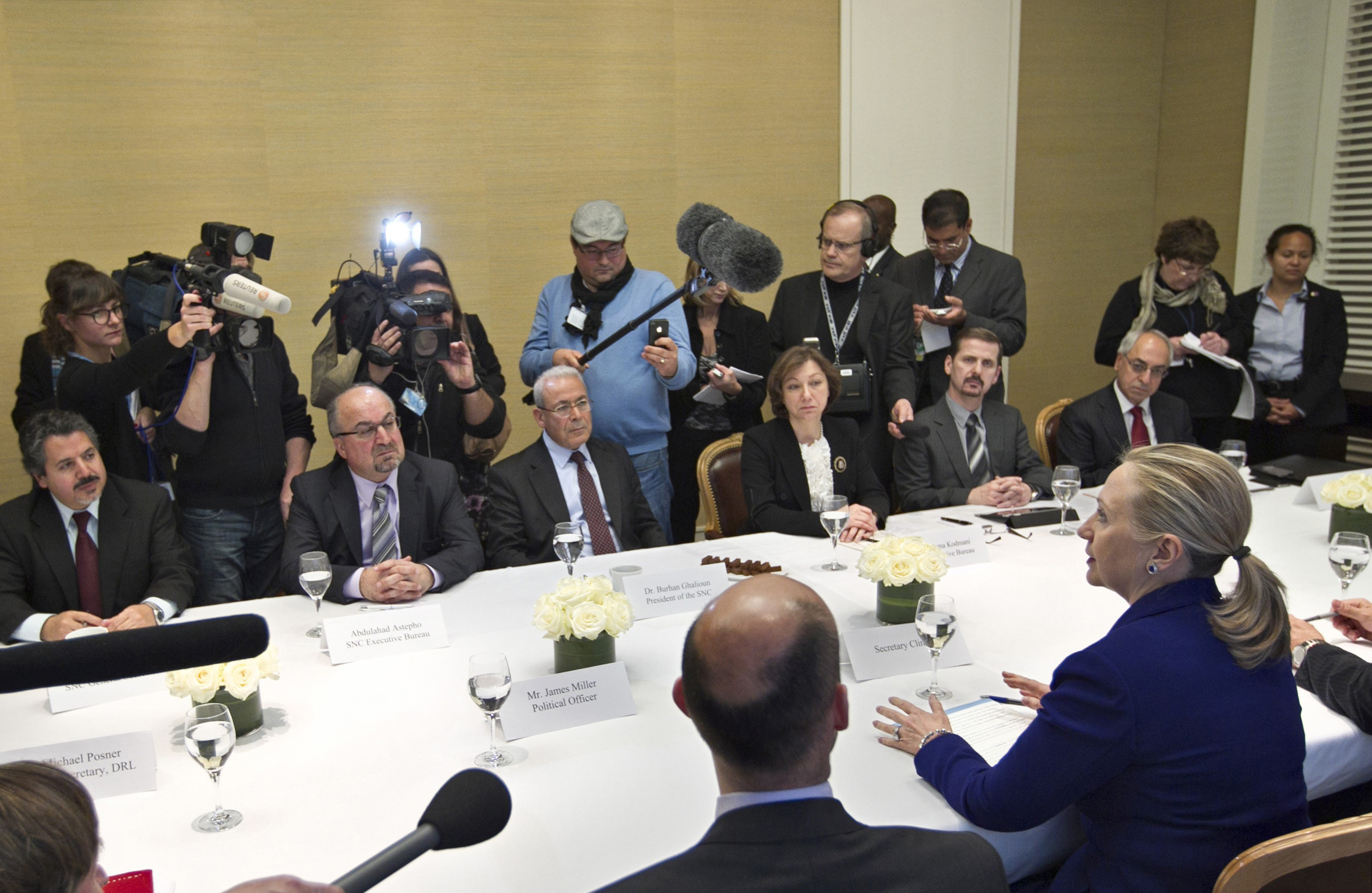
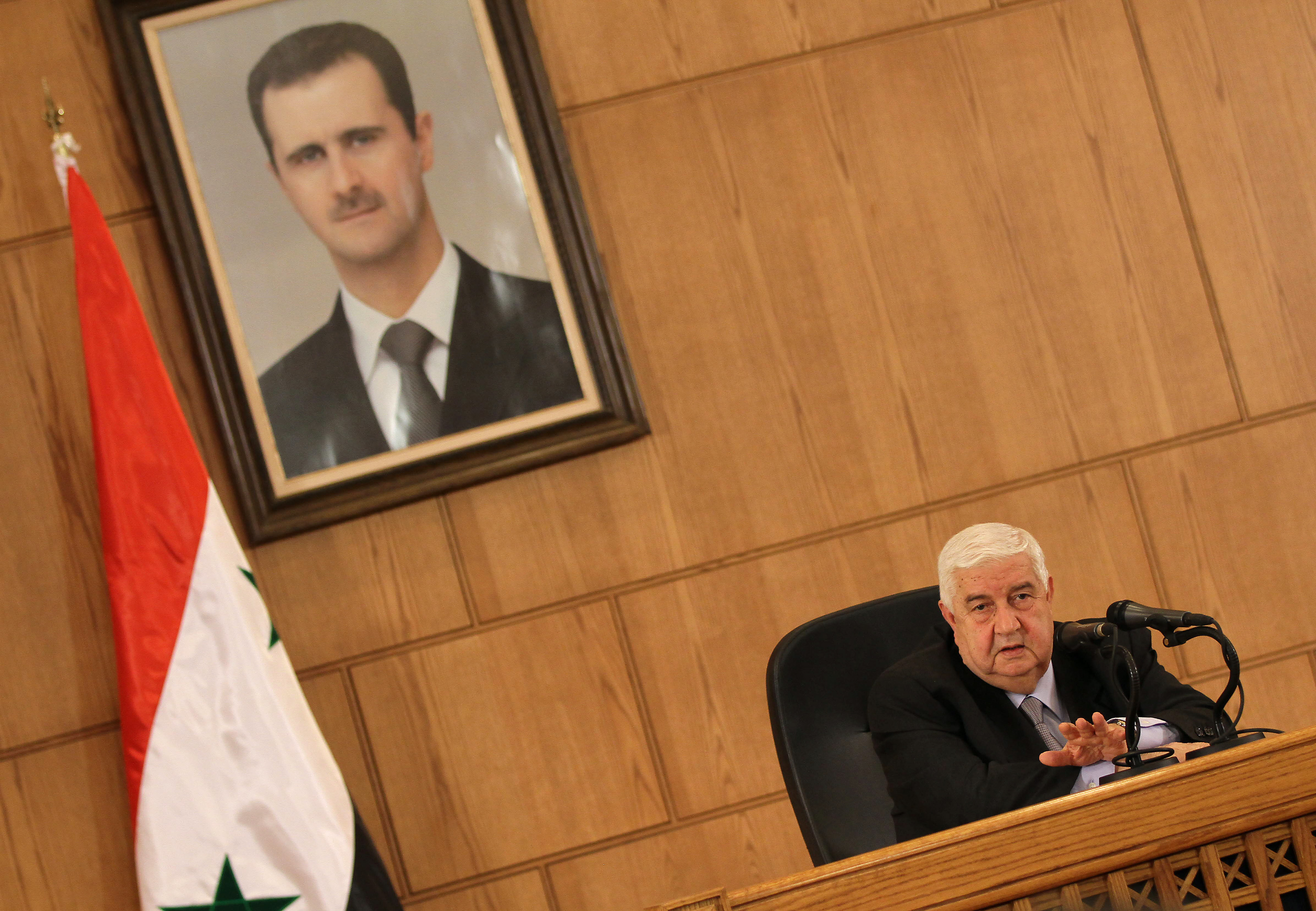
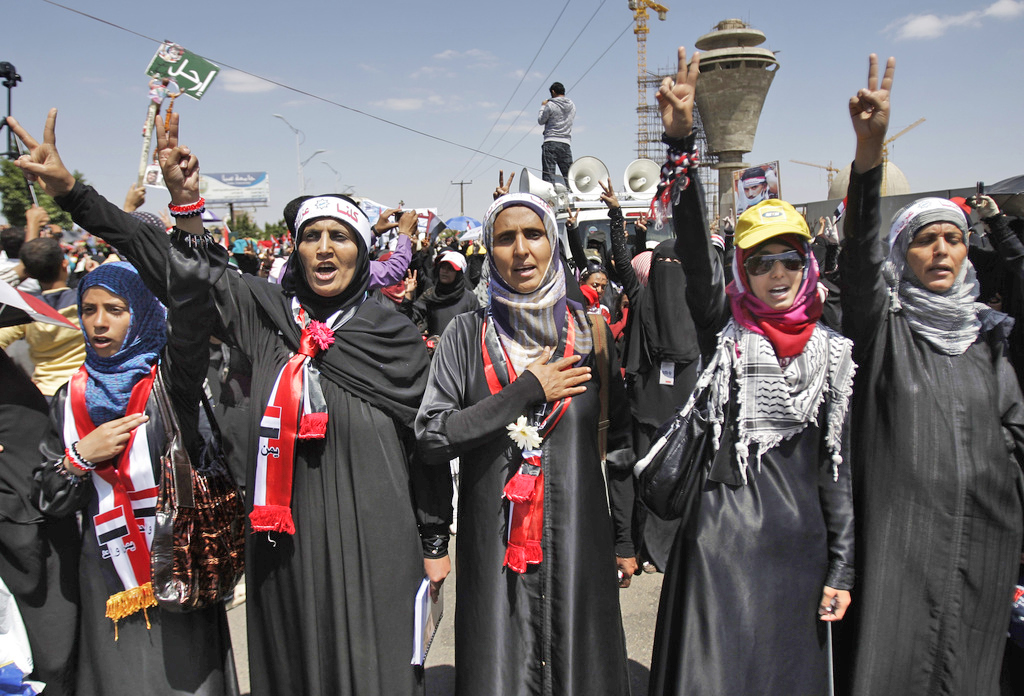
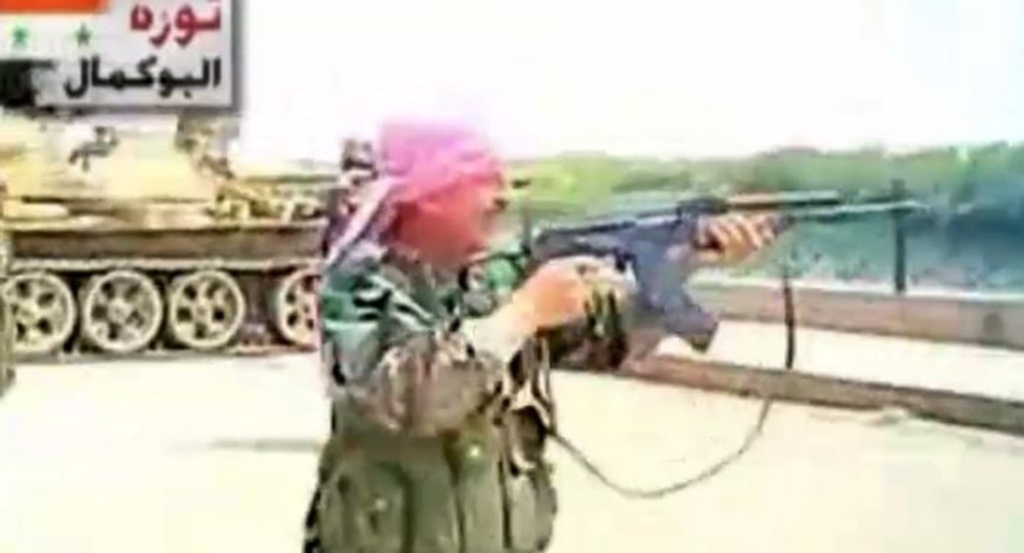
You can find an overview of ongoing debates with our journalists here. Please join us!
If you want to start a conversation about a topic raised in this article or want to report factual errors, email us at english@swissinfo.ch.